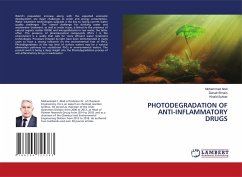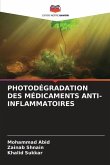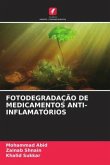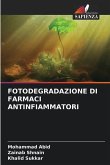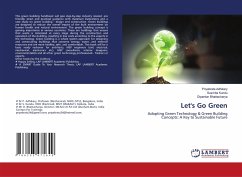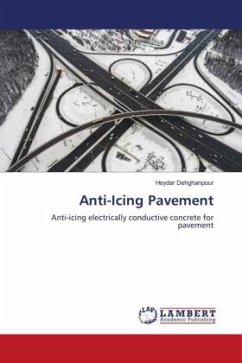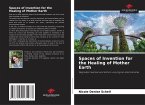World's population increase along with the expected economic development, are major challenges to water and energy consumption. Water treatment technologies upgrade is the key to facing current water quality challenges. The utmost challenge for drinking water and wastewater treatment, as well as water reuse, is linked to the presence of natural organic matter (NOM) and micropollutants in raw water, the latter often. The presence of pharmaceutical compounds (PhCs ) in the environment is a reality that calls for more efficient water treatment technologies. Processes initiated by light have been demonstrated in many cases to have a strong influence on the environmental fate of PhCs. Photodegradation at the top level of surface waters may be a natural elimination pathway for recalcitrant PhCs in environmental waters. The present work is being a deep insight into the Photodegradation process of anti-inflammatory drugs in wastewater.
Bitte wählen Sie Ihr Anliegen aus.
Rechnungen
Retourenschein anfordern
Bestellstatus
Storno

